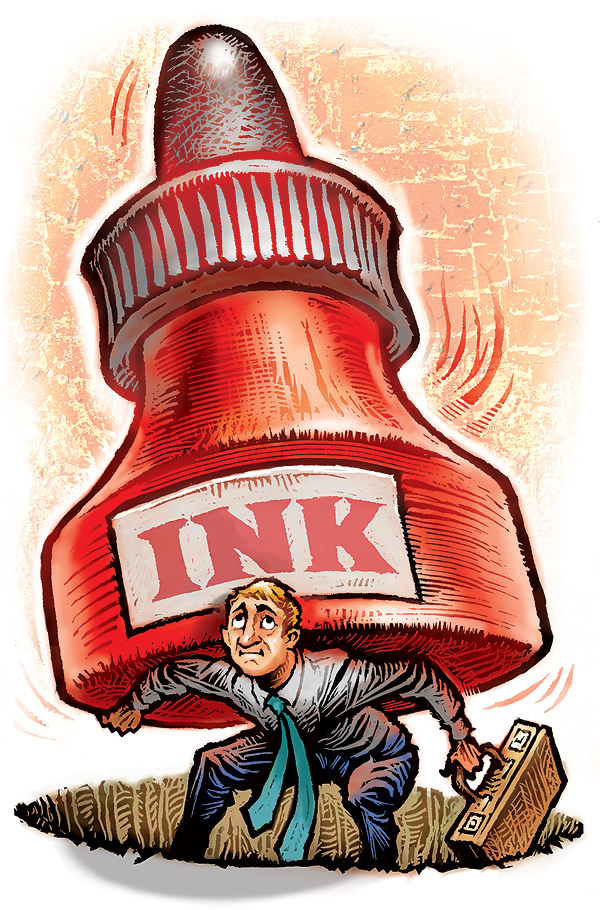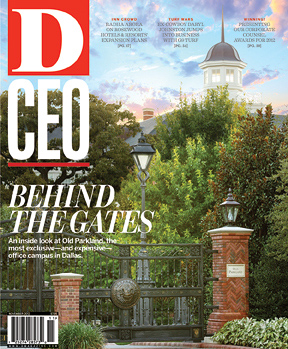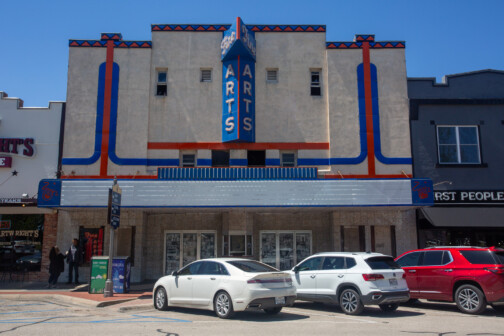Thanks to Mitt Romney, private equity guys are finding themselves in the public eye this fall—right where they don’t want to be.
They know it’s tough to win a debate involving their industry, at least within the parameters set by the presidential candidates. Romney says he learned how to create jobs during his time at Bain Capital, where his firm helped revive and transform companies. The Obama administration says Bain and other private equity firms enrich themselves at the expense of the companies they buy.
Like much in politics, neither argument is quite accurate.
The goal of private equity deals is not to create jobs, but to create value—first for the shareholders being bought out at a premium, and
then for the new owners, first and foremost, the private equity guys themselves.
Sometimes that means expanding a business and adding jobs. But in other cases it means improving efficiencies and cutting them.
Either way, the primary goal is to boost profits, so the company can be sold again and the private equity guys can enjoy a rich payday.
But this financial engineering often carries a stiff price for the acquired companies—a load of debt.
Debt creation, not job creation, is the legacy of private equity deals. It’s the common thread among some of the biggest deals for Dallas-area companies hatched during the buyout binge that preceded the Great Recession, and its effects live on today.
The biggest debt bomb is ticking at Energy Future Holdings, the former TXU Corp., acquired for $45 billion in 2007 by KKR, TPG Capital, and Goldman Sachs in the biggest leveraged buyout ever. As of June 30, EFH had $42 billion of long-term debt on its books. The Dallas-based electric company has also been bleeding both customers and revenue. As a proxy for private equity, it’s a black eye.
But EFH is an extreme case, hardly representative of every deal. To get a better perspective on private equity deals, let’s look at what has happened at three healthy companies that were bought out.
When Bain Capital and The Blackstone Group engineered a $6 billion takeover of Michaels Stores in the summer of 2006, the Irving-based arts and crafts retail chain had no long-term debt to speak of. After the buyout, more than $3.7 billion was loaded onto the books.
Since then, the company has continued to add stores and jobs, but its growth rate has slowed. And despite rising operating profits, the company’s bottom line has suffered.
Between 2007 and 2011, revenue increased by about 9 percent, compared to 30 percent growth in the five years before the buyout. Since the buyout, Michaels has made nearly $1.5 billion in interest payments. In 2011, when Michaels net earnings reached $176 million, that was still well below its high point in 2005, when it earned $221 million.
There’s a similar story at Neiman Marcus Group. The luxury retailer was on a roll in 2005 when Warburg Pincus and TPG Capital shelled out $5.1 billion to take the company private. Sales expanded from about $3 billion to $3.8 billion from 2001 to 2005, and net earnings followed, reaching $248.8 million. Long-term debt was less than $500 million, and the new owners talked about ramping up growth.
But when financing for the deal landed on the books, the retailer’s debt load grew to about $3 billion. Interest payments have cut into profits.
Business has grown as the company added more than a dozen Last Call outlet centers. In September, Neiman Marcus said revenue for the latest fiscal year reached $4.35 billion. But net income was $140 million, well below its pre-buyout level, as $175 million went to service the debt.
Thomas Moeller, a finance professor at TCU’s Neeley School of Business, says piling debt onto the books of acquired companies is common in private equity deals. By borrowing the bulk of money needed for the deals, buyout firms can leverage a small investment and set themselves up for a big return when the company is sold.
The trick is to pay down the debt while continuing to grow the business—not an easy task. “It probably slows companies down,” Moeller says.
It can be a risky bet for the private equity guys. They need to exit their deals, usually through public offerings of stock, so strong results are necessary to entice investors.
One company that accomplished that feat this year is Del Frisco’s Restaurant Group. The upscale steakhouse chain, based in Southlake, went public in July, selling a 30 percent stake to investors and raising $75 million. It had hoped to raise more than $100 million, but investors weren’t quite that hungry.
Still, more than $60 million was generated to pay down debt, and Lone Star Funds of Dallas—the private equity firm that acquired Del Frisco as part of Lone Star Steakhouse & Saloon in 2006—received a $3 million payment. Sales and profits are growing, the chain is adding restaurants, and, in the first two months, the stock gained 10 percent.
IPOs are also likely end-games for both Michaels and Neiman Marcus. But the buyout firms don’t have to wait for a stock sale to recoup some of their investment. In March, the board of Neiman Marcus approved a special dividend for shareholders—mainly Warburg Pincus and TPG—amounting to more than $442 million.
Perhaps not surprisingly, the company borrowed $150 million to do it.






